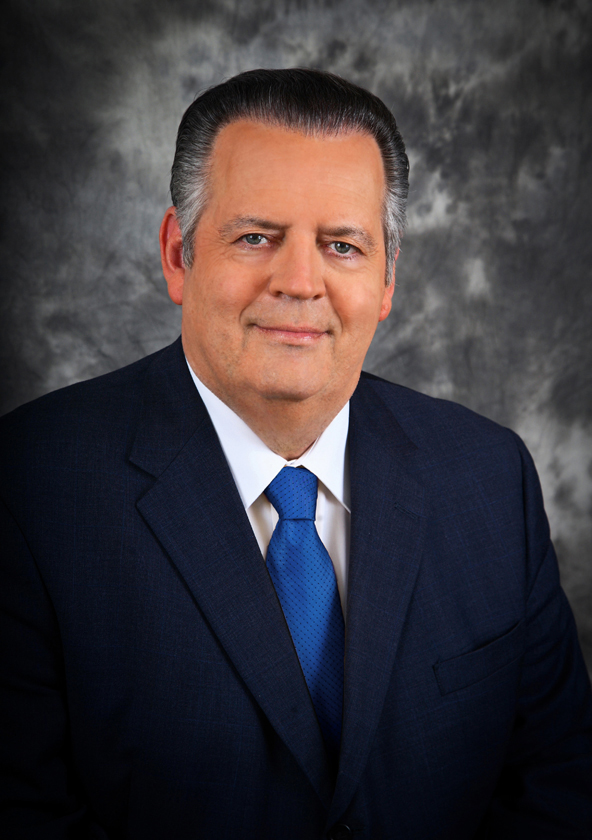
NASHVILLE (BP) — Next week the U.S. Supreme Court will hear arguments on same-sex marriage, a high-stakes moment for both American society and for the court itself. On Tuesday the Court will hear arguments on California’s Proposition 8 (Hollingsworth v. Perry) case. The next day, the Court will review the federal Defense of Marriage Act in U.S. v. Windsor.
Just like in Roe v Wade, a case widely discredited by legal scholars as poor law and credited by conservatives as the spark that ignited Christian activism, the court has a massive challenge ahead of it — threading the needle between state’s rights and the press of coastal public opinion.
I’ll address Hollingsworth v. Perry today and U.S. v. Windsor tomorrow.
The California case has the potential for far-flung reverberations in all 50 states. In the Proposition 8 case, the court will decide whether to overturn a lower federal court’s renunciation of Proposition 8, in which the voters of California voted to amend their state constitution to define marriage as only between one man and one woman. The presiding judge, the since retired Vaughn R. Walker, declared that “excluding same-sex couples from marriage is simply not rationally related to a legitimate state interest.”
The Obama administration has filed a friend-of-the-court brief in the Proposition 8 case calling for same-sex marriage to be declared legal, arguing that it is a civil rights case. The general counsel for Proposition 8 supporters, Andrew P. Pugno, responded to the Obama Administration’s brief:
“By arguing that Proposition 8 is rooted only in irrational prejudice, the President has impugned the motives of millions of Californians, turned his back on society’s longstanding interest in both mothers and fathers raising the next generation, and disregarded the rights of each state to decide for itself whether to redefine marriage.”
The Supreme Court is basically faced with three choices.
First, the Court could overturn Walker’s decision and validate the right of the people of California to define and regulate marriage in their state. This would be in line with 224 years of American federal jurisprudence which has left marriage to be regulated by each state.
Second, they could uphold Walker’s decision which would legalize same-sex marriage in California alone. Currently, nine states (and the District of Columbia) have legalized same-sex marriage: Connecticut, Iowa, Maine, Maryland, Massachusetts, New Hampshire, New York, Washington and Vermont.
Third, the Supreme Court could take the occasion of this case to invalidate the prohibition against same-sex marriage in the more than 30 states who have voted in favor of such prohibitions, the most recent being North Carolina.
If the Supreme Court were to take this third option and use the Proposition 8 case to declare same-sex marriage the law of the land in all 50 states, it would create a firestorm similar to its overreach in the 1973 Roe v. Wade decision which struck down the abortion laws in all 50 states in one fell swoop. Even Supreme Court justice Ruth Bader Ginsburg, perhaps the most liberal Supreme Court justice ever, has argued that the Supreme Court, acting as it did in Roe v. Wade, attempted to take an extremely contentious and divisive issue (abortion) out of the public discourse and caused an extreme backlash which made the abortion issue much more contentious and divisive than it otherwise would have been over the last four decades.
If the Court were to make a similarly sweeping and divisive decision on gay marriage and seek to impose a one-size-fits-all solution on a deeply divided country, it would create a similarly tremendous backlash. Same-sex marriage would immediately return to the boiling point in American politics, and the Supreme Court would become similarly controversial in ways it currently seems to abhor.
Make no mistake, the nation is as deeply divided on same-sex marriage as it was on abortion in 1973, if not more so. Gallup polling data reveals that the country as a whole has shifted to some degree on the issue (49 percent to 40 percent currently favor same-sex marriage). However, Pew polling data reveals that opinion varies widely across the country with a majority favoring same-sex marriage on the Pacific coast, in New England, and in the Mid-Atlantic states. The same polling data reveals a majority opposition in the South, and opinion evenly divided in the Midwest and South Atlantic.
These figures are a recipe for the same volatile backlash Roe produced and has caused 19 state attorneys general to urge the Court not to “Stultify democratic principles by declaring a winner of the marriage debate.”
One would hope the Supreme Court would heed the lessons of history and make a narrow ruling on California and California alone and not repeat the mistake of Roe and further divide and inflame the country on the deeply divisive issue of same-sex marriage. The better part of judicial wisdom would be to follow the precedent of the last 224 years and leave the issue of marriage to the various states.
–30–
Richard Land is president of the Southern Baptist Convention’s Ethics & Religious Liberty Commission. Get Baptist Press headlines and breaking news on Twitter (@BaptistPress), Facebook (Facebook.com/BaptistPress ) and in your email ( baptistpress.com/SubscribeBP.asp).














